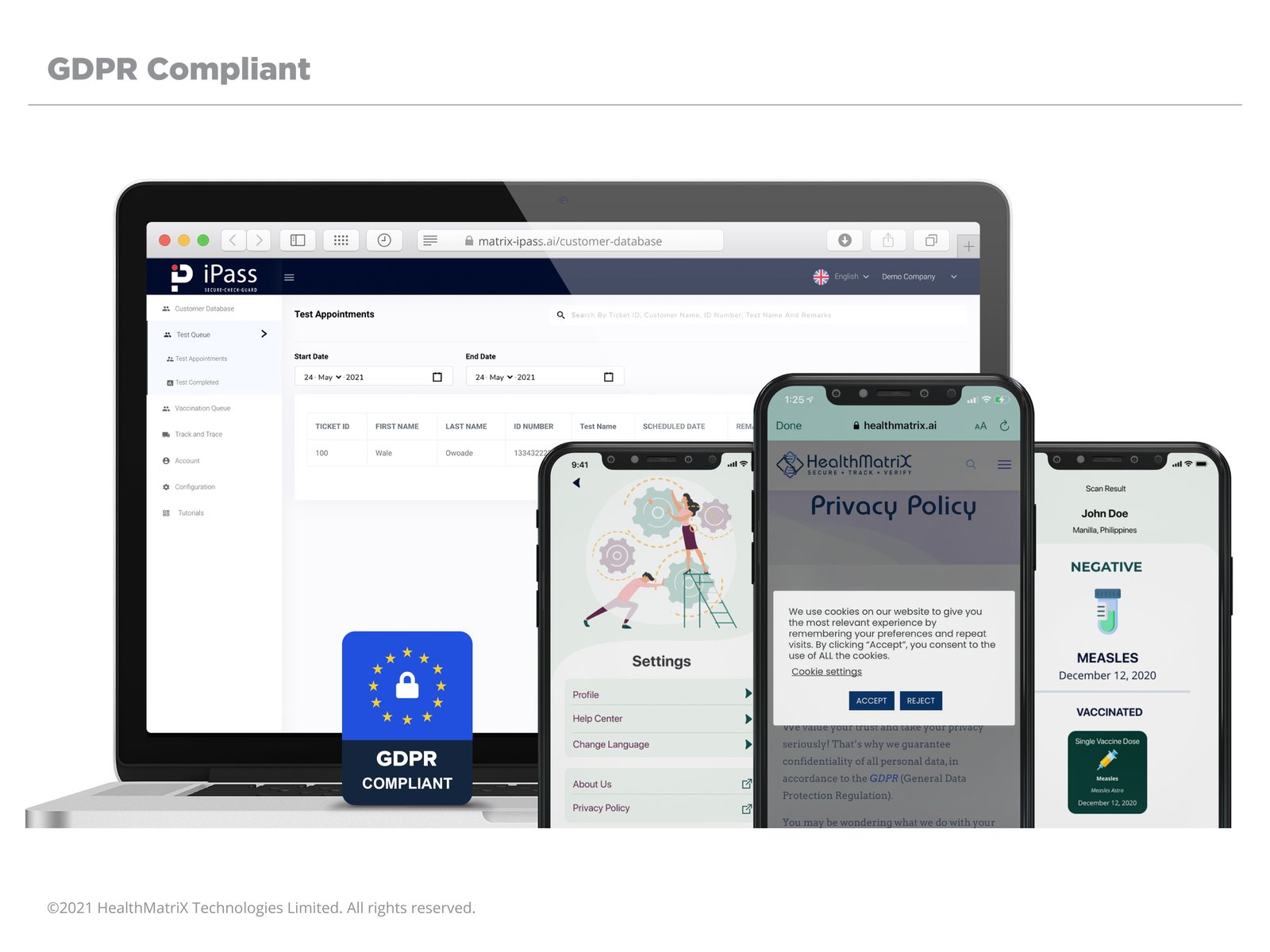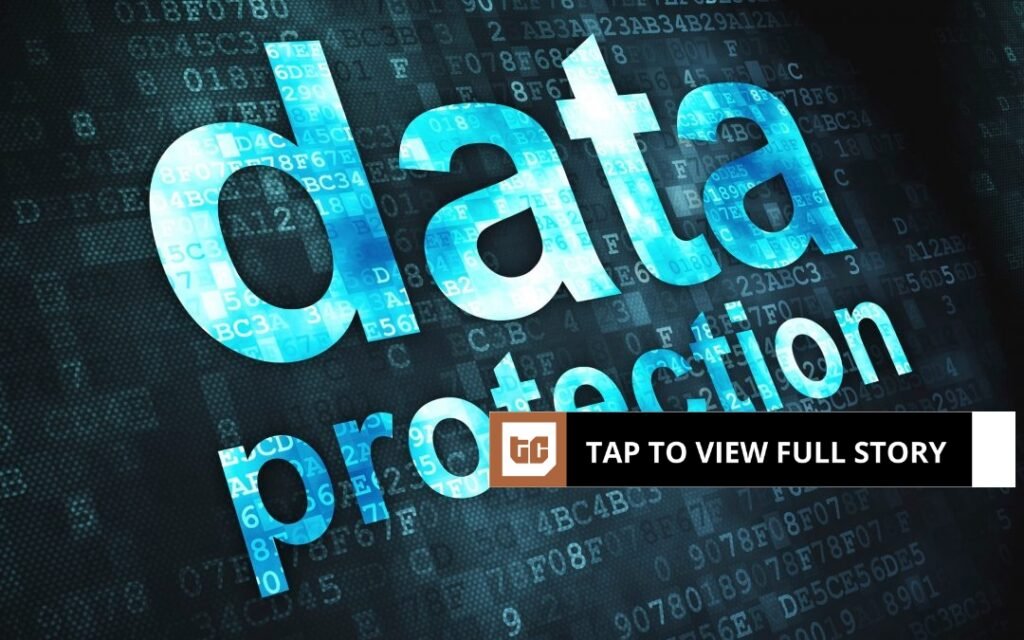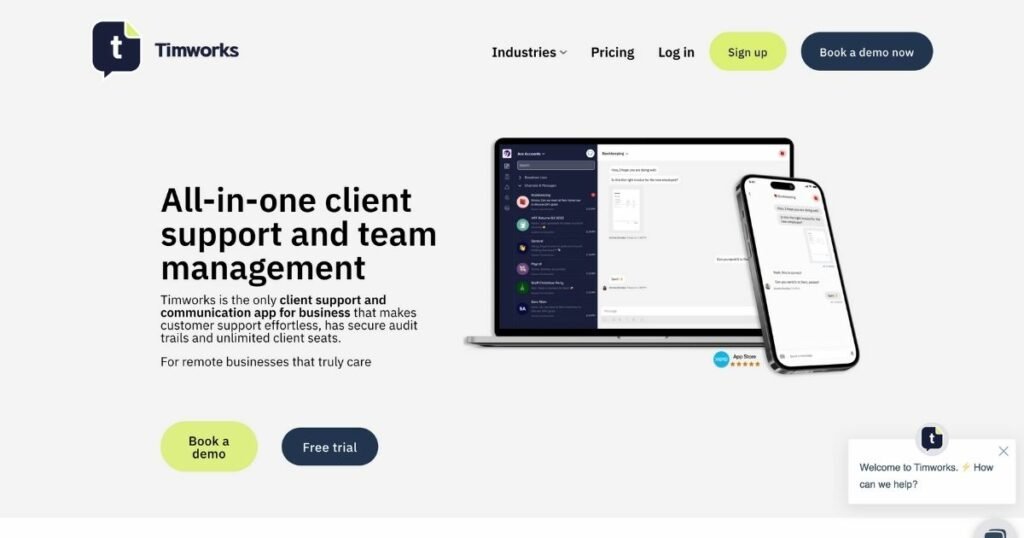HealthMatriX Announces GDPR Compliance and Adds Multi-Language Feature To Its Web & Mobile App

Tuesday 25 May, 2021
HealthMatriX Technologies Ltd. recently launched three crucial updates for its MatriX-iPass™ platform, its end-to-end health pass solution aimed at ensuring a safe economic reopening. First, the platform is now GDPR-certified and is fully compliant with EU standards. Second, it has also been updated with a new configurable 5-step deployment process that would allow users to quickly deploy it in their system. Third, the platform’s web and mobile applications have been updated with new languages to enhance the ease-of-use for a number of non-native English speaking countries.
As HealthMatriX Technologies Ltd. ramps up its operation in the European Union, the Hong Kong-based health pass start-up has taken the initiative to commit to the region’s General Data Protection Regulation (GDPR). As of April 26, 2021, the company and it’s flagship health pass platform MatriX-iPass™ are fully compliant with GDPR.
The GDPR standard is a legal framework that stipulates the operational requirements for organisations that deal in the collection and processing of EU citizens’ personal information. It was put in place by the European Union to preserve its people’s rights to privacy. The certification basically ensures that HealthMatriX is committed and remains committed to keeping its users’ data private and secure.
The GDPR compliance sees to it that data collected and processed by MatriX-iPass™ and HealthMatriX are:
Lawfully obtained and transparently processedUtilized specifically for the expressed purpose Comprised only of data that is relevant to fulfilling its stated intent Stored only for a duration that does not exceed its intended objectives Overseen by technical and organisational safeguards dedicated to preserving data privacy
HealthMatriX processes its users’ personal data so they can better use its services. In compliance with the applicable laws and regulations such as GDPR Regulation no. 2016/679, users designate HealthMatriX as the “controller” of their personal data.
The GDPR certification means that HealthMatriX also agrees to not share or sell user data with third-parties unless it’s absolutely necessary for the fulfillment of the MatriX-iPass™ services or to comply with legal obligations.
The regulation also obligates HealthMatriX to keep its user’s personal data no longer than is absolutely necessary to realise the goals for which the data were collected or until such a time when users ask for the data to be deleted or edited from HealthMatriX website and MatriX-iPass™ platform. In adherence to the GDPR, HealthMatriX also agrees to expunge user data if there hasn’t been any business contact or direct marketing consent within 60 days.
Along with the GDPR certification, HealthMatriX also updated their website and the app with different language options. Clients will now be able to use the HealthMatriX website, MatriX-iPass™ platform and its accompanying app in German, French, Italian, and Spanish for the European market. The Tagalog language from the Philippines, where MatriX-iPass™ is already deployed, will also be added.
The platform has also been updated to take on an easy-to-deploy and self-configurable system that can be set up in 5 steps. This is an important step towards interoperability with other digital health passport systems being set-up across the world. At the onset, this configuration module would help MatriX-iPass™ be functional with the EU Green Certificate framework upon roll-out.
Organizations only need to accomplish these 5 simple steps to have MatriX-iPass™ deployed:
Set-up OrganizationSelect Disease TypeConfigure Test or VaccineSet-up CertificateConfigure ID Type
Upon deployment, organizations can immediately enjoy the benefits of the MatriX-iPass™ platform such as its ability to point users to accredited testing and vaccination centers. From there, the platform takes over in creating and maintaining a secure digital record of everything related to communicable disease immunity.
This rapid and customizable implementation process would help immensely in society’s bid to return to normal as quickly as possible. Currently, some European nations have elected to require regular testing for sectors that are not advisable to take vaccines yet but are in dire need to restart such as educational institutions. The MatriX-iPass™ can be specifically configured to focus on efficiently creating and managing test results with ease.
With these three updates, the MatriX-iPass™ platform has become one of the most effective tools for a quick restart and reopening for a lot of industries from travel & tourism to educational institutions. With MatriX-iPass™, even sectors that used to be considered as high-risk for the spread of communicable diseases such as entertainment and leisure can reopen for people with immunity.
About HealthMatriX Technologies Ltd.
HealthMatriX Technologies Ltd. is a Hong Kong-based technology firm created in response to the global pandemic of 2020. It provides digital and physical tools to enable governments and organizations to effectively manage vaccination programs, diagnostic testing, and health credential screening using health passports. https://healthmatrix.ai/
Press/Media Contact
Alfons Futterer
President, HealthMatriX Technologies Ltd.
+852 2523 9959
alfons-futterer@healthmatrix.ai
Distributed by https://pressat.co.uk/
Read More
Be the first to write a comment.







